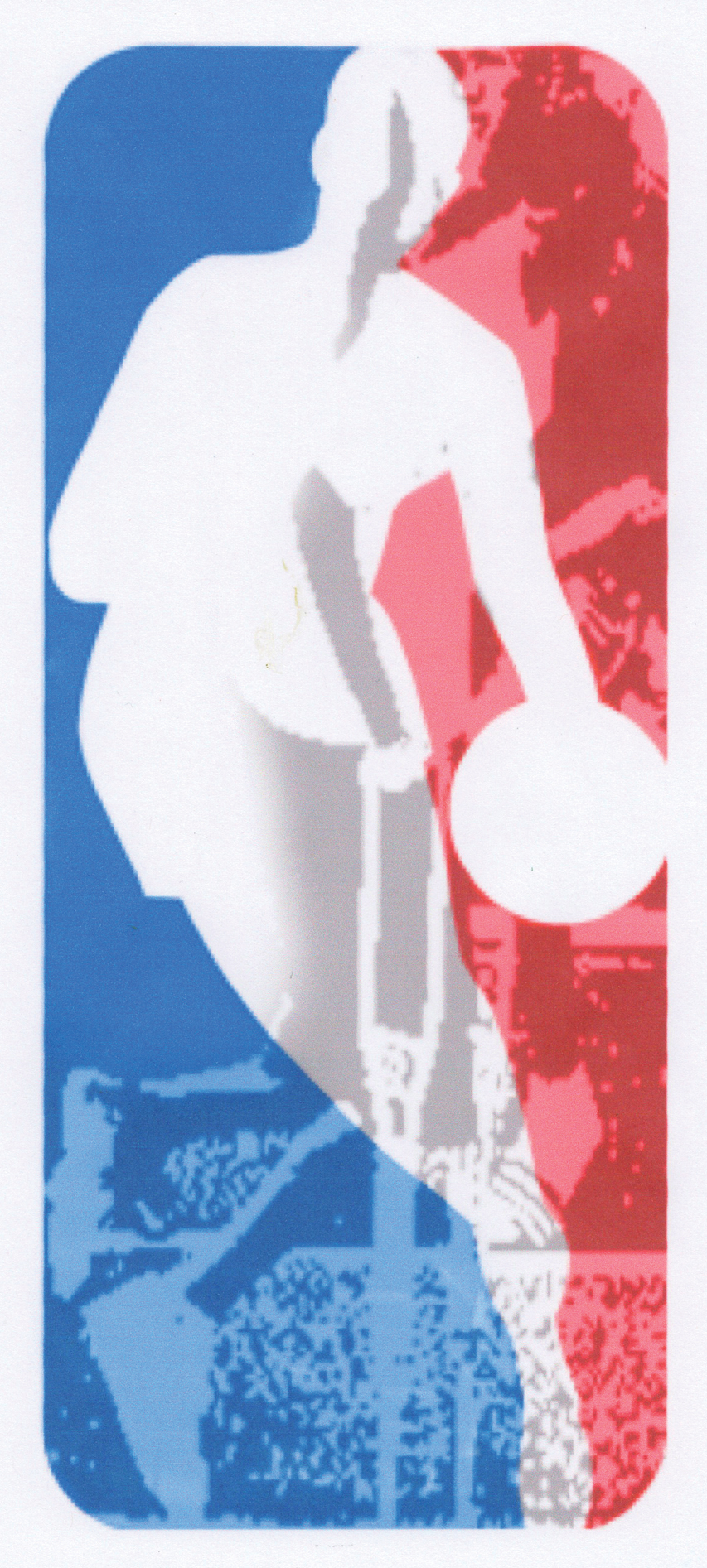When the NBA lockout was finally resolved, at the end of November, most NBA fans probably thought that the worst was over. The belief was that the NBA and the phenomenal basketball that we, as fans, had come to expect over the last couple of years would be back. Unfortunately, over the last month and a half, this belief has been proven unfounded time and again.
The NBA and the NBA Players Association agreed to save as many games of the season as possible and came up with the idea of playing 66 games in a 50 game period, ensuring that the everyone would suffer as little financial impact as possible.
A casualty of playing as many games as possible in such a short timeframe is that teams are playing bad basketball. Scoring is down by about five points per team as stats would suggest that it’s the result of lower field goal percentages and not necessarily a result of strong defensive performances.
All of this has led to very poor and very hard to watch, basketball.
Yet hardly anyone is talking about what effect the poor post-lockout play, in and of itself, has had on the ability for the league to retain its fans — probably for good reason.
First off, the league is not going to devalue their product by saying how bad it has been this year. Secondly, fans have historically been pretty forgiving in the years after lockouts happen, regardless of the outcome. The casual fan might have walked away — and it might take a while for them to come back — but, in general, the fans are still there.
After the 1998-99 NBA lockout, average attendance per team dropped 2.2 per cent but rebounded after a few years. When the NHL lockout ended, attendance dropped as well.
The simplified explanation for this is that sports make people happy. Fans are happier following their favourite team than doing whatever they were doing during the lockout, and the leagues and owners know that. This why they would never make a comment about how bad the current product is: they know it won’t matter.
They know we won’t walk away and we know they’re right.




